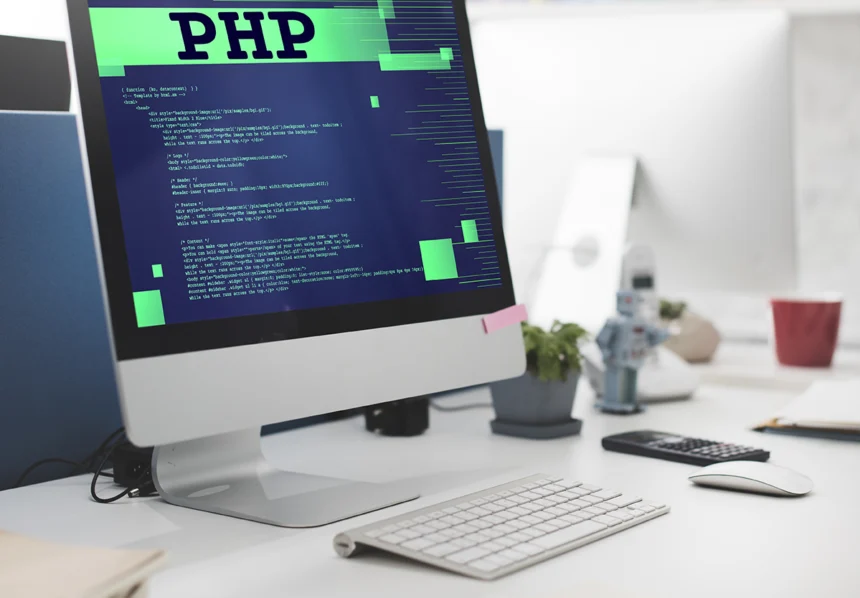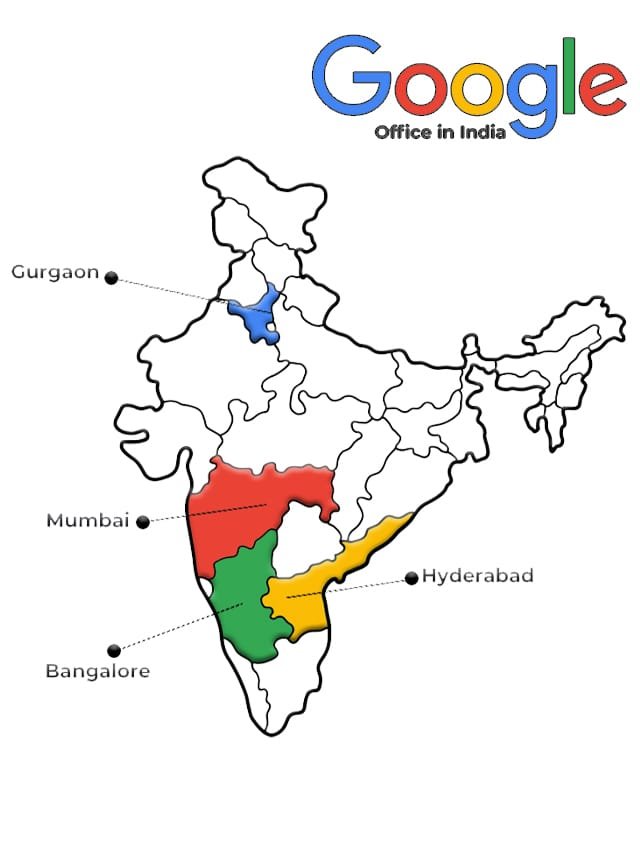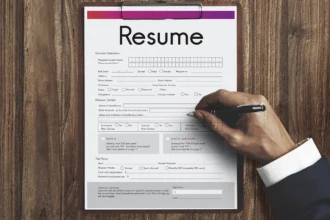Are you looking to enhance your web development skills? Have you ever wondered how to write cleaner, more efficient PHP code that can take your projects to the next level? Whether you’re a beginner just starting out with PHP or an experienced developer seeking to refine your skills, this article is here to guide you. In this piece, we’ll explore essential PHP coding tips that can set you on the path to success in web development.
Why Learn PHP?
PHP is one of the most widely-used programming languages for web development. With its ability to create dynamic web pages and interact with databases, it’s an essential skill for any web developer. According to recent surveys, PHP powers over 79% of all websites that use a server-side programming language. Its popularity is primarily due to its simplicity, versatility, and the robust community that supports it.
Engaging Questions to Consider
- What are the key challenges you face while coding in PHP?
- How can best practices improve your PHP coding efficiency?
- Are there specific coding tips that can help streamline your web development process?
Let’s dive into the PHP coding tips that can help you tackle these questions and boost your web development success!
Essential PHP Coding Tips for Success
1. Understand PHP Basics
Before jumping into complex coding, ensure you have a solid understanding of PHP fundamentals. This includes data types, variables, control structures, and functions. Mastering these basics will provide a strong foundation for more advanced concepts.
2. Follow PHP Best Practices
Adhering to best practices is crucial for writing maintainable and efficient PHP code. Here are some key best practices to follow:
- Use meaningful variable names: Choose descriptive names that reflect the purpose of the variable.
- Keep code organized: Use consistent indentation and spacing to enhance readability.
- Comment your code: Include comments to explain complex logic and make your code more understandable to others.
3. Leverage PHP Frameworks
Consider using PHP frameworks like Laravel, Symfony, or CodeIgniter. These frameworks can speed up development and provide built-in tools for common tasks, such as routing and authentication. They also promote best practices and help maintain clean code.
4. Utilize Object-Oriented Programming (OOP)
Adopting OOP principles can improve the structure and scalability of your PHP applications. Key OOP concepts to incorporate include:
- Encapsulation: Restrict access to certain components of an object.
- Inheritance: Create new classes based on existing ones.
- Polymorphism: Allow methods to do different things based on the object it is acting upon.
5. Validate User Input
Always validate user input to protect your applications from security vulnerabilities, such as SQL injection and cross-site scripting (XSS). Use PHP functions like filter_input() and htmlspecialchars() to sanitize user data before processing it.
6. Implement Error Handling
Proper error handling can save you time in debugging and improve user experience. Use PHP’s built-in error handling functions, such as try, catch, and finally, to gracefully manage exceptions.
7. Optimize Database Queries
Inefficient database queries can slow down your application. Use prepared statements with PDO or MySQLi to enhance performance and security. Additionally, consider indexing your database tables to speed up query execution.
8. Use Composer for Dependency Management
Composer is a powerful dependency management tool for PHP. It simplifies the process of managing libraries and packages, ensuring that your projects are always up-to-date with the latest versions.
9. Practice Version Control
Implement version control using Git to keep track of changes in your code. This practice allows you to collaborate with others seamlessly and roll back changes if needed.
10. Continuously Learn and Experiment
Web development is an ever-evolving field. Stay updated with the latest trends, tools, and PHP updates. Join online communities, participate in forums, and explore new frameworks to expand your knowledge.
PHP Best Practices Checklist
To help you remember the key points discussed, here’s a quick checklist of PHP best practices:
| Best Practice | Description |
|---|---|
| Use meaningful variable names | Choose descriptive names for better readability. |
| Keep code organized | Maintain consistent indentation and spacing. |
| Comment your code | Explain complex logic for better understanding. |
| Validate user input | Protect against security vulnerabilities. |
| Implement error handling | Manage exceptions gracefully. |
| Optimize database queries | Use prepared statements and indexing. |
| Use Composer | Simplify dependency management. |
| Practice version control | Track code changes with Git. |
| Continuously learn and experiment | Stay updated with trends and tools. |
READ MORE : Machine Learning Tips for Aspiring Data Scientists
READ MORE : Java Fundamentals Every Developer Should Know
Frequently Asked Questions (FAQs)
1. What are the common mistakes to avoid in PHP coding?
Some common mistakes include not validating user input, ignoring error handling, and using outdated coding practices. Always strive to write clean and secure code.
2. How can I improve my PHP coding skills?
You can improve your skills by practicing coding regularly, participating in online coding challenges, and building personal projects. Additionally, consider taking online courses focused on PHP and web development.
3. Is it necessary to learn a PHP framework?
While it’s not mandatory, learning a PHP framework can significantly enhance your productivity and help you adhere to best practices.
4. What resources can I use to learn PHP?
There are numerous resources available, including online courses (e.g., Udemy, Coursera), official PHP documentation, and PHP-focused blogs and forums.
5. How can I ensure my PHP applications are secure?
To secure your applications, always validate user input, sanitize data, use prepared statements, and keep your PHP version updated.
Closing Note
Thank you for taking the time to read this article on PHP coding tips for web development success! We hope these tips empower you to enhance your skills and tackle your web development projects with confidence. If you found this information helpful, consider joining CourseBhai for more updates on learning PHP, web development, and other exciting topics. Follow us on social media, enable push notifications, and subscribe to our newsletter for instant updates.













